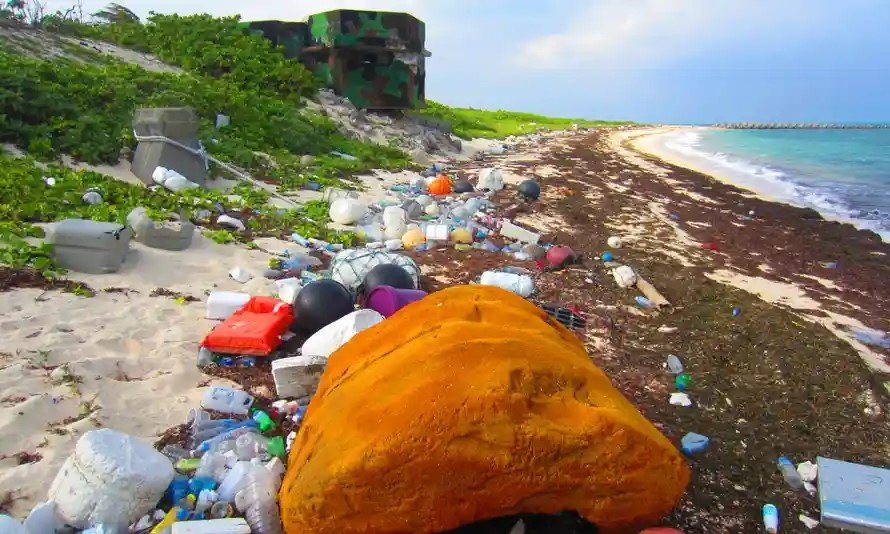According to a draft statement prepared for a virtual summit on Saturday and observed by Reuters, the European Union would ask India to join its push for a global treaty on plastic pollution.
The European Union invited India to take into consideration the Leaders' Commitment on Nature and effective participation with the like-minded nations in negotiations on a Global Plastics Agreement, as expressed in the draft statement, which needs to be endorsed by EU ambassadors and the final approval of New Delhi.
Plastic waste is piling up in the world's oceans and natural ecosystems, and the European Union, Rwanda, and Peru are among those calling for a legally binding international treaty to stop it.
The European Union, Rwanda, and Peru are among those calling for a legally binding international treaty to stop plastic waste from accumulating in the world's oceans and natural ecosystems.
The aim is to gain support ahead of a United Nations summit in February 2022 that could kick off talks on the agreement, paving the way for a deal similar to the 2015 Paris Agreement, which pledged nearly 200 countries to avoid dangerous climate change.
On Saturday's Virtual Summit, both sides should commit to enhancing climate-change cooperation, a pillar of a broader bilateral agenda that the EU hopes will include closer trade relations and ways of countering the rise of China.
As per the draft statement, the European Union and India would conduct regular meetings to increase cooperation in areas such as renewable energy, energy storage technologies, and power grid modernization.
By 2030, India eyes on having 450 gigawatts (GW) of renewable energy generation potential, up from 93 GW at present.
After China and the United States, India is the world's third-largest carbon emitter, and it is under pressure to commit to net zero emissions by 2050, a goal shared by the EU and the United States, while China is aiming for 2060.
According to Reuters, the government is worried that committing to such a target would limit the country's ability to meet its citizens' energy needs.














Add comment